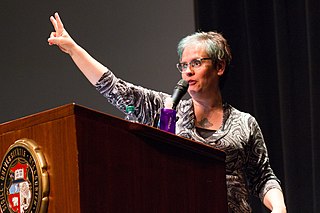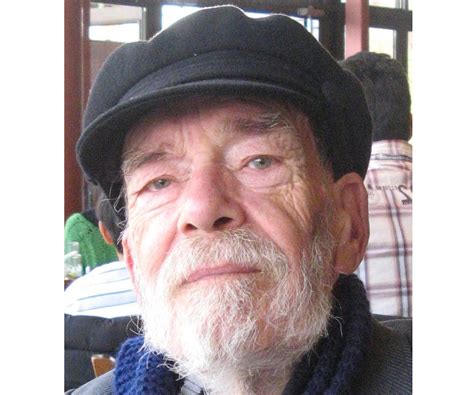A Quote by John Henrik Clarke
Attending church is one thing, belonging is another.
Related Quotes
Belonging to the Catholic Church gives your support to an organization that conceals and protects child rapists. Again, not as a few isolated incidents, but as a massive, institution-wide culture, a matter of policy even, that extends throughout the organization and reaches all the way to the top. Belonging to the Catholic Church - giving them money, letting them count you in their rolls, sending your children to their schools - gives this behavior your personal thumbs-up, and actively enables it to continue.
My identity was a big issue when I was a teenager, and I had a lot of questions, like: 'Who am I?' 'Who do I belong to?' But when I was still quite young, I decided that belonging is a tough process in life, and I'd better say I belonged to myself and the world rather than belonging to one nationality or another.
Some say they are not bound by the doctrine which teaches that the Mystical Body of Christ and the Roman Catholic Church are one and the same thing. Some reduce to a meaningless formula the necessity of belonging to the true Church in order to gain eternal salvation. Others finally belittle the reasonable character of the credibility of Christian Faith. These and like errors, it is clear, have crept in among certain of our sons who are deceived by imprudent zeal for souls or by false science.
The church exists primarily for two closely correlated purposes: to worship God and to work for his kingdom in the world ... The church also exists for a third purpose, which serves the other two: to encourage one another, to build one another up in faith, to pray with and for one another, to learn from one another and teach one another, and to set one another examples to follow, challenges to take up, and urgent tasks to perform. This is all part of what is known loosely as fellowship.
A Christian anarchist has no business belonging to such a reactionary organization [the Catholic Church]. I do not believe in original sin, indulgences, the infallibility of the pope, or obedience to any church official if it is against my conscience. I am not interested in earning "merit" or in being saved by priestly incantation.
Everything around me is evaporating. My whole life, my memories, my imagination and its contents, my personality - it's all evaporating. I continuously feel that I was someone else, that I felt something else, that I thought something else. What I'm attending here is a show with another set. And the show I'm attending is myself.



































